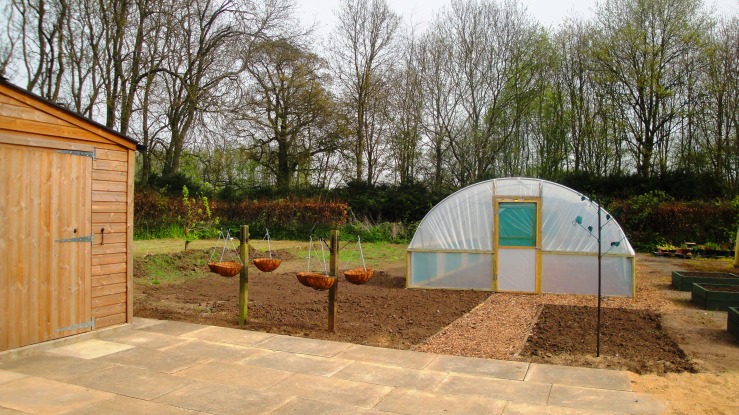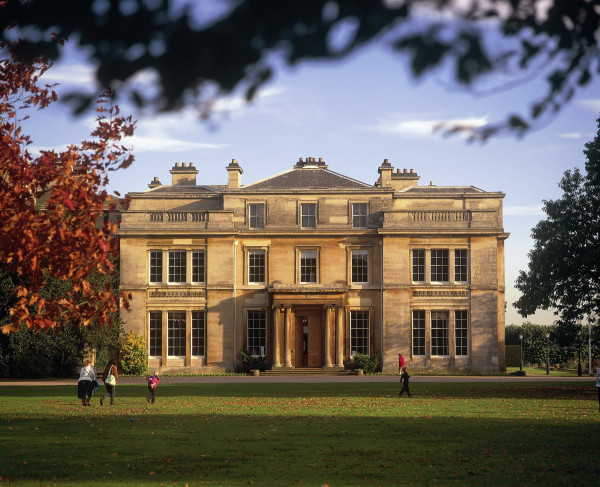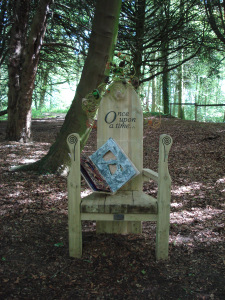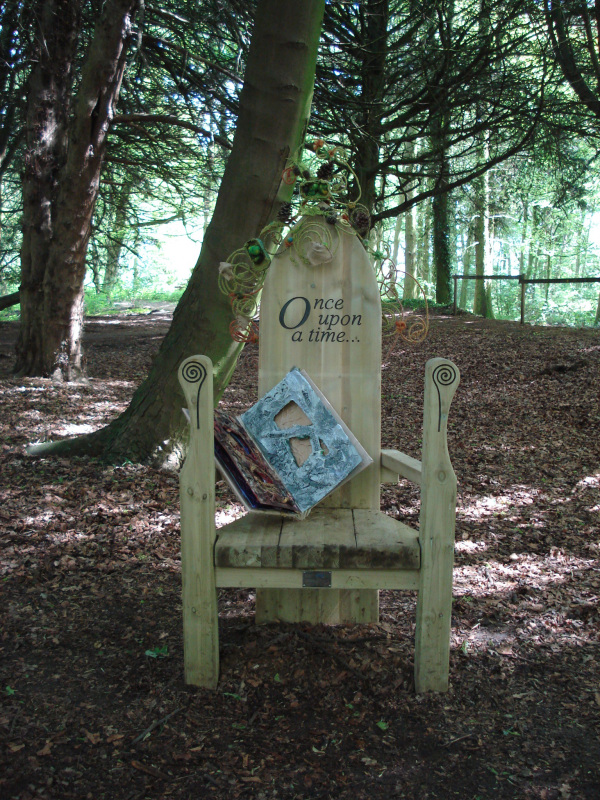North Lincolnshire Museum Service offers a wide range of cross-curricular learning opportunities for all Key Stages. As well as our core school learning programme we also offer bespoke sessions for targeted groups.
Normanby Hall Country Park is the ideal location for bespoke sessions as it offers a range of opportunities. Last summer a small group of students with emotional needs from Huntcliff School were invited to come to the Walled Garden at Normanby Hall Country Park for a series of themed gardening sessions. The students were disengaged in the classroom setting and were taught as a separate group at school. They came to Normanby Hall for a couple of hours each week for five weeks last May and June.
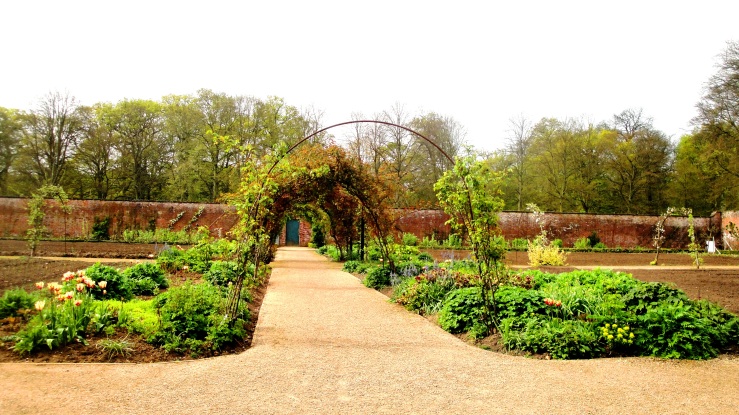
Why Normanby Hall Country Park?
- Being outside the school environment working with new people can have a positive impact on students.
- It is peaceful in a garden. The colours, fragrances and birdsong lift your mood.
- Caring for plants takes your mind away from your troubles and looking after something living gives you a sense of responsibility but without pressure.
- The fresh air and exercise raises the level of endorphins, making you feel a sense of wellbeing.
- Our workshops offer opportunities for students to work independently and as a group.
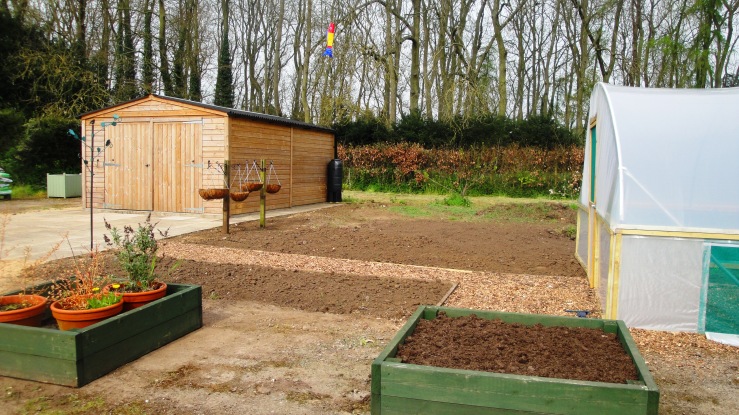
What did the students learn?
- Team work, how to help and support each other with a task.
- Working calmly, the distraction of gardening made them content and much less anxious than usual.
- Knowledge and skills, how to use a selection of tools, recognise and classify plants and increase their understanding of the needs of plants.
- Communicate with peers and leaders, to listen and follow instruction, to articulate their thoughts and feelings.
- Those with O.C.D. learned that it is OK to get dirty hands.
Each week took a different theme: science, photography, art, literacy. The students gardened together every week and took pride in doing a good job whether it was creating an herb garden, planting up a hanging basket, weeding or dead heading.
What did the students say at the end of the sessions?
“I love gardening” “I find it really fun” “Enjoyable” “Awesome”
“I am going to start helping my Grandad in his garden.”
“It stops me from lashing out.” “It’s fun” “I lIke it”
What did the teachers say?
“We have really enjoyed watching the students develop: This is what we have noticed:
- A student who was once very quiet and introverted has really grown in confidence. This student has forged a more positive relationship with his TA – he has asked questions more in class.
- A student who is reluctant to do anything in the classroom has tried much harder with the thought of going to Gardening on Friday.
- The group of girls have been much more tolerant of each other and of the boys.
- Students are listening to each other more and learning to interact in a more positive way – their communication skills have definitely improved.
- Considering that the equipment could be a potential problem, Health and Safety has been paramount and they have all adhered to the guidelines.
- The nicest thing to witness is that our students are now working independently in the garden and asking for advice when they need it.
- The delivery of the workshops were perfectly appropriate for our students. They were so positive, calm and purposeful and this was reflected in a learning environment that suited the students’ needs perfectly.
- A great programme. Thank you for your hard work.”
Conclusion
We firmly believe that working alongside others in a garden can work wonders for a person’s wellbeing and can help improve physical health as well as mental health. The workshop works well with all different learning styles and is especially relevant to those that prefer hands on learning.
Contact us to find out more about all workshops we offer across North Lincolnshire Museum Service. Visit http://www.northlincs.gov.uk/museums or telephone 01724 297055.
